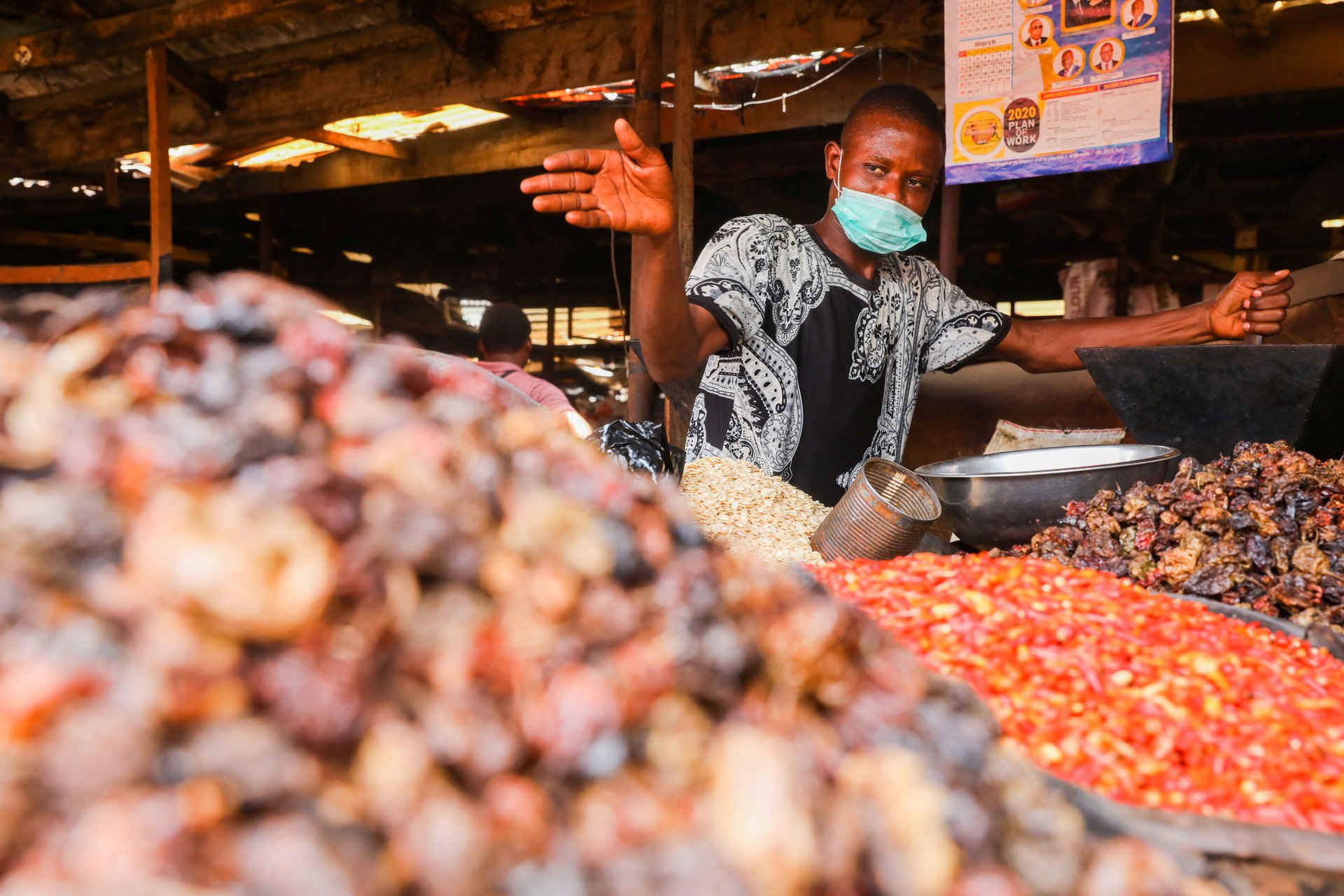Nigeria is easing its coronavirus lockdown at what could be the worst possible time
Nigeria is starting a “gradual” easing of Covid-19 lockdowns in three major states today (May 4) but data shows the timing could not be worse.


Nigeria is starting a “gradual” easing of Covid-19 lockdowns in three major states today (May 4) but data shows the timing could not be worse.
Since Apr. 27, when Nigeria’s president Muhammadu Buhari announced the plans to lift the lockdown, the country’s Covid-19 case count has increased by nearly 50%. In the same period, Africa’s most populous country has also recorded over 100 daily cases for more than two consecutive days, for the first time since the outbreak began.
The increase in case numbers reflects the growing discovery of cases outside Lagos, Ogun and Abuja—the three states where lockdowns were initially implemented. So far, 34 of Nigeria’s 36 states have all recorded Covid-19 cases but Kano, Nigeria’s second most-populous state, has recorded a spike in cases over the past fortnight and now has the second highest number of cases in Nigeria. A streak of “unusual deaths” recorded in the case also suggest the possibility of a higher case count and is now subject of a probe by the World Health Organization.
For his part, president Buhari acknowledged the “heavy economic cost” of the lockdown was considered as part of the decision to ease the lockdown. In Ogun, Lagos and Abuja, the states that have been under a month-long lockdown, the brunt of the lack of economic activity has been worse on informal sector workers and traders who dominate the local economy and typically depend on daily income for survival.
The government’s inability to provide adequate food or cash relief has also meant ordinary Nigerians have had to fill social welfare gaps in a country where over half of the population lives in extreme poverty.
But lifting the lockdown at a time when cases have only just started rising significantly comes with the distinct risk of overwhelming an under-equipped and under-funded public healthcare system. Already, the Nigerian Medical Association and Nigeria Healthcare Providers Association of Nigeria have warned of a likely increase in cases and deaths.
As part of new public safety measures, the government is mandating the use of face-masks in public and banned inter-state travel. But those measures are unlikely to be effectively enforced, especially in densely populated cities like Lagos, which is home to over 20 million people.
Nigeria, which has 200 million people, has only done 17,500 tests. Ghana and South Africa which have far fewer citizens have each done over 100,000 tests.
Given its comparatively low testing rates so far, it’s unclear if Nigeria can keep track of cases if a re-opening of the economy results in a rapid wave of infections. Anecdotally there are already early suggestions facilities in the country’s big cities may come under pressure sooner than later.
Sign up to the Quartz Africa Weekly Brief here for news and analysis on African business, tech and innovation in your inbox